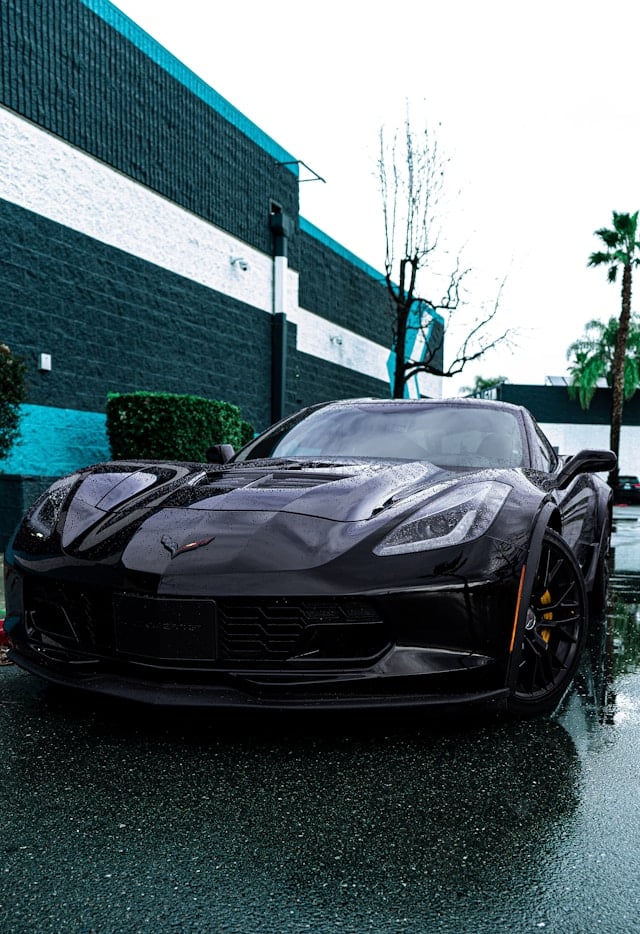How to Optimize a Range Extender Engine for Better Fuel Economy in a BMW i3?

The BMW i3 is a compact electric car that has made waves in the automotive industry since its launch. Known for its innovative design and green energy focus, the i3 model also offers a unique feature called the range extender. This is essentially a small gasoline engine that functions primarily as a generator, supplying power to the electric motor when the battery’s charge runs low. While it’s a brilliant solution to the range anxiety that many potential electric car buyers experience, it also presents an opportunity for optimization. This article will delve into how you can enhance the efficiency of the range extender engine to achieve better fuel economy in your BMW i3.
Understanding the Function of the BMW i3 Range Extender
Before we proceed, it’s crucial to understand the role of the range extender in the BMW i3. In most hybrid cars, the gasoline engine and electric motor work together to power the vehicle. However, in the i3 REx (Range Extender) model, the gasoline engine doesn’t directly drive the wheels. Instead, it kicks in to recharge the battery when its level drops to about 6%, thus extending the car’s electric driving range.
A voir aussi : What’s the Best Way to Calibrate the Alignment on a Modified Audi TT for Optimal Handling?
The range extender is a 650 cc two-cylinder engine borrowed from BMW’s motorcycle division. It provides an additional 60 to 80 miles of range on top of the battery’s 80 to 100 miles. This effectively doubles the car’s driving range, alleviating concerns about running out of power mid-journey.
The BMW i3’s Fuel Economy and Green Energy Commitment
The BMW i3’s commitment to green energy is evident in its design. It uses regenerative braking to recycle energy, and its lightweight carbon fiber-reinforced plastic body improves efficiency. However, when optimizing for better fuel economy, the focus should be on the range extender.
Dans le meme genre : Can a Performance Throttle Body Spacer Improve Airflow in a Jeep Grand Cherokee?
On its own, the electric engine offers impressive efficiency, equivalent to about 124 miles per gallon of gasoline. However, when the range extender is in use, this drops to around 40 mpg. This is because the gasoline engine requires fuel to operate, reducing the car’s overall efficiency.
Optimizing the Range Extender for Better Fuel Economy
Now, let’s explore how you can optimize the range extender for better fuel economy. One approach is to manage your driving habits effectively. For example, if you take advantage of the car’s maximum electric range before the range extender kicks in, you can achieve greater fuel efficiency.
In addition, maintaining a steady speed and avoiding hard acceleration can also help improve fuel economy. The range extender works most efficiently at a constant speed, and rapid acceleration can cause it to burn more fuel.
Using Charging Infrastructure to Boost Efficiency
Another critical factor is how effectively you use the available charging infrastructure. If you can charge the car’s battery at home or at work, you can reduce your reliance on the range extender and consequently the amount of gasoline required.
BMW offers a wall box for home charging, which can fully charge the i3’s battery in about three hours. Public charging stations can provide a faster charge – up to 80% in just 20 minutes. Therefore, regular charging can keep the car running on electricity most of the time, further improving its fuel economy.
Extending the Life of the Battery
Finally, maintaining the health of the car’s battery can also help optimize the range extender engine. A healthy battery holds a charge more effectively, reducing the need for the range extender to kick in. The BMW i3 has a sophisticated battery management system that protects the battery from extreme temperatures and overcharging, prolonging its lifespan.
In conclusion, optimizing the range extender for better fuel economy in a BMW i3 involves a combination of effective driving habits, efficient use of charging infrastructure, and good battery health. With these strategies, you can enjoy the benefits of green energy without worrying about your electric car running out of power.
The BMW i3 REx: A Game Changer in Electric Vehicle Industry
The BMW i3 REx is a game changer in the realm of electric vehicles. This unique model comes equipped with a range extender, a small gasoline engine designed to jump into action when the battery’s charge decreases to about 6%. This engine is not directly driving the wheels but instead, it functions as a generator, recharging the battery and helping the car to keep moving.
The range extender in the BMW i3 REx is a 650 cc two-cylinder engine borrowed from BMW’s motorcycle division. This engine provides an additional 60 to 80 miles of range, on top of the battery’s estimated 80 to 100 miles. Essentially, this design doubles the i3’s driving range, offering a solution to the range anxiety that many electric car owners experience.
However, the use of the range extender does impact fuel economy. The electric engine, when running on its own, offers impressive efficiency – equivalent to around 124 miles per gallon of gasoline. But when the range extender is in use, this efficiency drops to about 40 mpg. Therefore, to enhance your BMW i3’s fuel economy, your efforts should be directed at optimizing the range extender.
Conclusion: The Future of Green Cars is Here
The BMW i3, with its unique range extender feature, challenges the conventional wisdom around electric cars. This vehicle, with its impressive electric range, provides a viable solution for those concerned about running out of power mid-journey. However, maximizing the i3’s fuel economy requires more than just innovative design – it involves a shift in driving habits, efficient use of charging infrastructure, and conscientious battery care.
As we move towards a greener future, electric vehicles will become increasingly common. The BMW i3 REx offers a glimpse into what this future might look like, with its unique blend of electric efficiency and the assurance of a gasoline engine. By exploring how to optimize the range extender, we can enhance the fuel economy of these vehicles, making them an even more sustainable choice.
In conclusion, the BMW i3 REx is not just a green car, it is a stepping stone towards a more sustainable future. By understanding how to optimize the range extender, we can make the most of this technology, improving fuel economy and reducing our carbon footprint. Whether you’re a BMW owner or simply an enthusiast of electric vehicles, the future of green transportation is here and it’s more exciting than ever.
